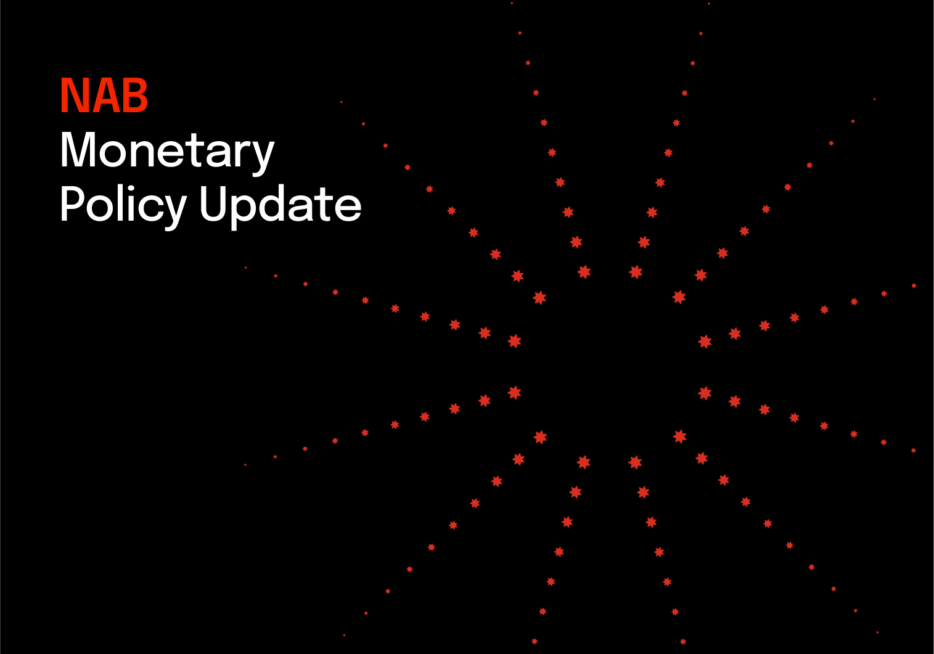RBA surprises with a hold, NAB still sees cuts in August, November and now February


Insight
Japan's unemployment rate has fallen, it's weak currency benefited its Current account and led to a surge in the stock market and Japanese banks are stable, well-capitalised and moderately profitable.

For further analysis download the full report.
© National Australia Bank Limited. ABN 12 004 044 937 AFSL and Australian Credit Licence 230686.